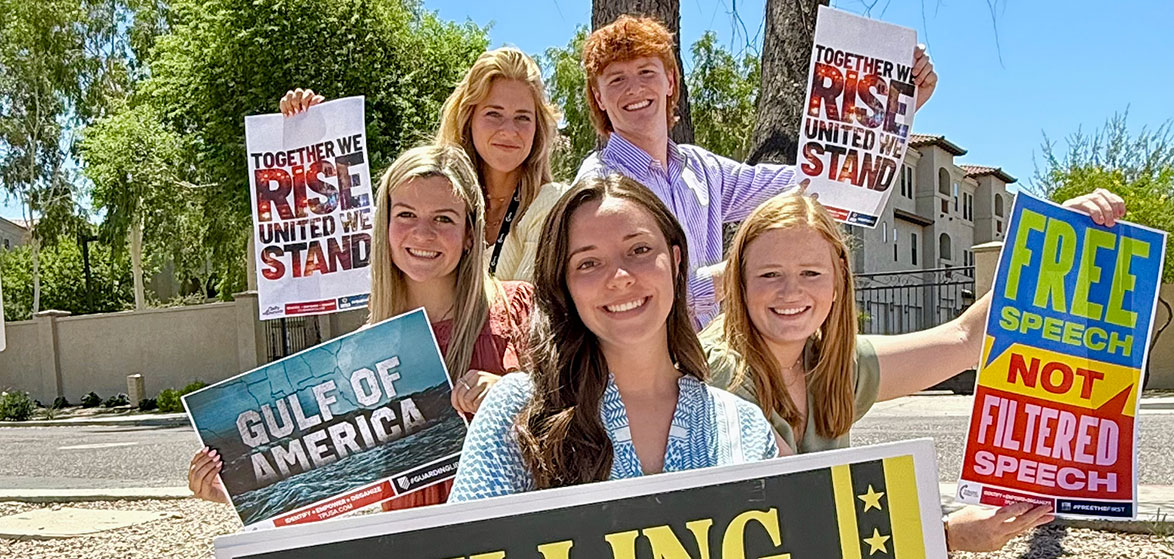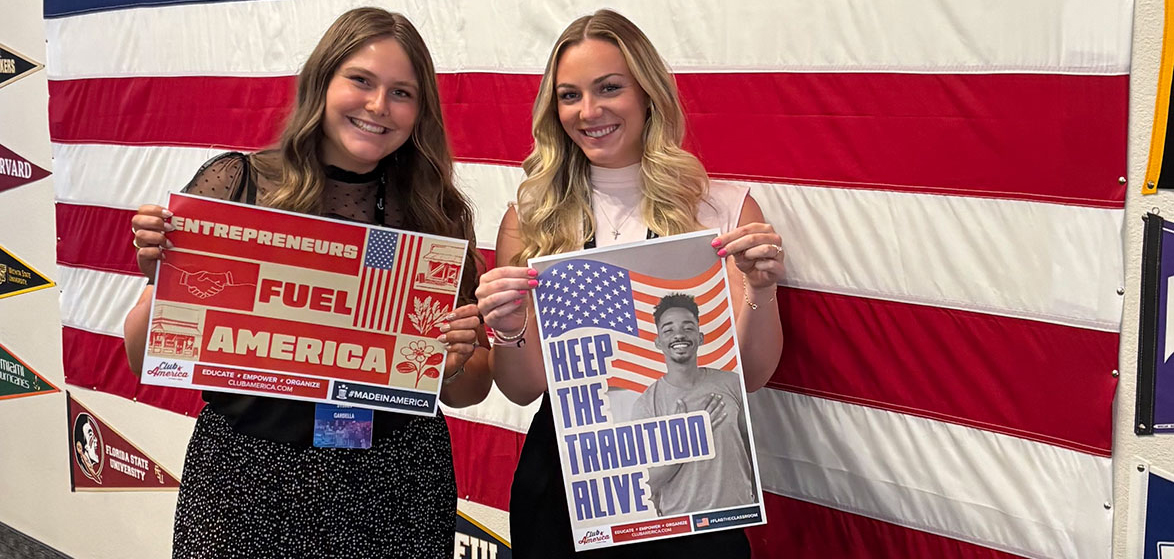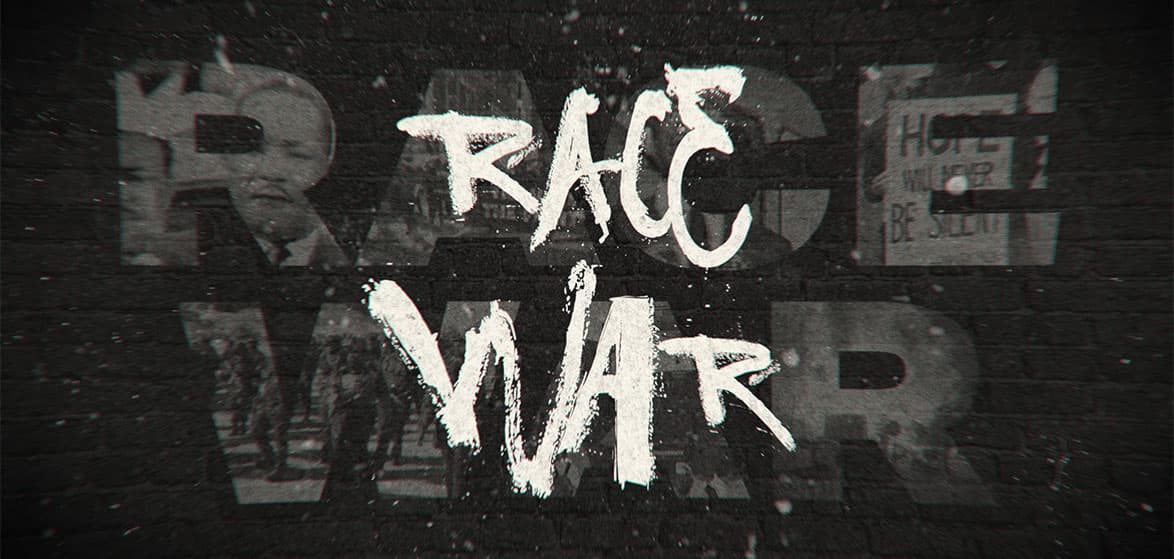
Chicago Mayor Brandon Johnson is partnering with a nonprofit organization to determine whether or not creating city-owned grocery stores would be a feasible solution to address food deserts.
The city’s press release announcing the feasibility study stated that the Mayor plans to repair “past harms that have contributed to purposeful disinvestment and exclusion and lack of food access in historically underserved communities.”
The study will be conducted in partnership with the Economic Security Project (ESP), a progressive nonprofit organization founded in 2016 that advances guaranteed income policies. “Inequalities rooted in racism, justified by outdated economic ideas, and maintained by a wealthy few, have left us all less secure and resilient,” ESP’s website states. “We’re fighting for a guaranteed income to provide basic security for all Americans. We’ve proven that it reduces inequality, provides opportunity, and makes us more free.
Food deserts, which are often found in low-income urban or rural areas with limited access to nearby grocery stores, are frequently attributed to “socioeconomic disadvantage, resulting from a long history of discriminatory policies against Black families and households.” However, research suggests other factors, such as nutritional education in communities and increased crime rates are the more likely cause.
The announcement claims that disinvestment — when grocery or convenience stores leave a community, often in connection to high rates of shoplifting and profit loss — links “directly to environmental and racial justice.”
“Historic disinvestment has led to inequitable access to food retail across Chicago, and these existing inequities have been exacerbated as at least six grocery stores closed on the South and West sides over the past two years.“
City of Chicago
“37% of Black residents and 29% of Latine/x residents are food insecure, compared to 19% of residents overall.”
Several grocery stores closed down in low-income neighborhoods in Chicago over the two years, including Save A Lot, Aldi, and Walmart, which closed half of its stores across the city. When announcing the store closures, the national chain superstore Walmart noted that the company would leave four stores in the city open, despite suffering similar profit losses at each location. The company told shoppers that annual losses doubled over the past five years as shoplifting rates have skyrocketed.
“The remaining four Chicago stores continue to face the same business difficulties, but we think this decision gives us the best chance to help keep them open and serving the community,” Walmart announced in a press release.
Smaller stores have closed in liberal cities across the country, citing “extreme violence and criminal activity on an almost daily basis” that is “increasing in frequency and severity.”
Several months ago, Target’s CEO Brian Cornell made a statement addressing the loss of hundreds of millions of dollars because of theft. “The unfortunate fact is violent incidents are increasing at our stores and across the entire retail industry. And when products are stolen, simply put they are no longer available for guests who depend on them,” Cornell said.
Earlier this year, when Chicago erupted in riots and chaos, Mayor Johnson responded by downplaying the violence, calling the violence a “silly decision.”
Ameya Pawar, a Senior Advisor at the Economic Security Project, said that a municipally-run grocery store in Chicago would operate like a city library or post office. “The City of Chicago is reimagining the role government can play in our lives by exploring a public option for grocery stores via a municipally owned grocery store and market,” Pawar said. “A City-owned grocery store in the South or West side of Chicago would be a viable way to restore access to healthy food in areas that have suffered from historic and systemic disinvestment.”
The Illinois Grocery Initiative, recently signed into law by Illinois Governor JB Pritzker, would secure $20 million in grants and “technical assistance” for city-owned grocery store endeavors, according to the press release.















